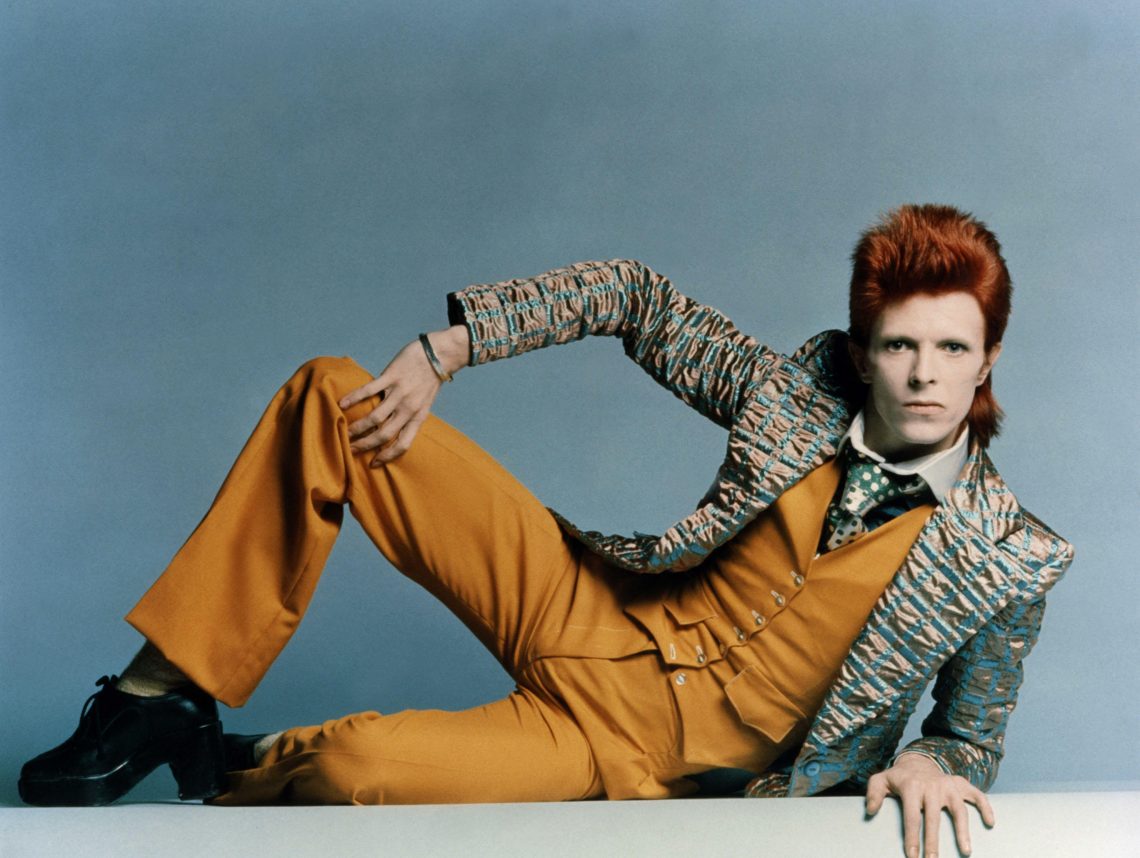David Bowie wasn’t just an avant-garde rock star, nor simply a bonafide acting giant or composite master of costume; Bowie was, as Moonage Daydream determines within 135 beautiful minutes, also a philosopher. His thoughts on love, life, art and everything in between are the most cherishable aspects of the experimental music documentary Moonage Daydream.
Before I fall too far down the rabbit hole, a few things must be confessed. Firstly, I am a huge Bowie fan. Musically, he has inspired me more than any other artist to pursue the beauty of pure creativity; his words are, therefore, even more heavily weighted with nostalgic gold than most. Secondly, if you were expecting this film to explore the facts and figures of David Jones’ government life outside of his art, then you’ve come to the wrong place. This isn’t a traditional documentary exploring Bowie’s “real life” but a film designed to dive headfirst into the artist’s truth.
When hurtling towards this mercurial landscape of flourishing musical intent, devilish design and unguarded wisdom, there is no need for a narrative. Brett Morgen, therefore, doesn’t really bother with one beyond the chronological happening of events. Instead, he centres on perhaps Bowie’s most prolific periods of intense creativity. Starting around the formation of Ziggy Stardust — perhaps Bowie’s finest creation — we are instantly slammed into the middle of Bowie’s world.
Colours vibrate with sheer dynamism as Ziggy and his Spiders from Mars attack the audience with a bounty of searing reminders of their power. Through music and interviews, we are given a sense of Bowie’s devotion to the persona, his clear distinction between it and his own feelings, and how, with a powerful tone that few can make feel authentic, he designed the character to triumph over the corpse of his previous career and enlighten a world engorged by the perception of freedom. It may sound grandiose, but over the course of this film, we find out that Bowie was often more prophetic than he is given credit for.
From there, Moonage Daydream reinforces these notions over and over again as Bowie approaches new eras in his career. Each moment offered Bowie a chance to once again push himself into the outer reaches of the areas he once found uncomfortable, but he had now tamed. If you’re a fledgling artist of any kind, this picture is essential to watch as Bowie talks us through the reasoning behind his most daring moments. One of the film’s better moments comes as Bowie expresses his desire for the comfort of his pop era in the 1980s and then his sudden and saddened reflections of that time just a short while later — a lesson for us all.
There are some negative areas, however. Morgen may well have created a tightly woven tapestry of Bowie’s life — one that could have perhaps been 30 minutes shorter — but few avid fans will find much in here they didn’t already know. Be it his professed bi-sexuality or the mental health issues that affected his family and plagued his own future, there are no stones here without several fingerprints already on them. Likewise, using a composition of many interview answers is somewhat inauthentic, as Bowie’s sometimes off-the-cuff responses to tepid questions of the past are set to vivid imagery or meaningful musical moments.
As the credits roll and Blackstar becomes the final message sent from beyond the grave, there is, however, a sense of Bowie’s essence coming to the fore. The art may speak for itself, Bowie’s music will live on forever, and his roles in The Elephant Man and Twin Peaks also have their place in history, but it is his words, his wisdom and his incandescent sense of creativity that will be ingrained on every member of this particular audience.
